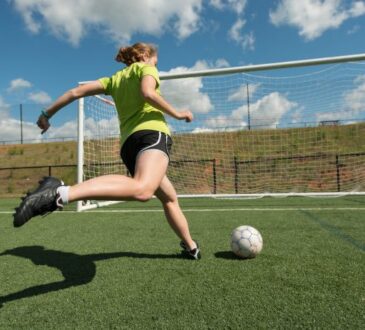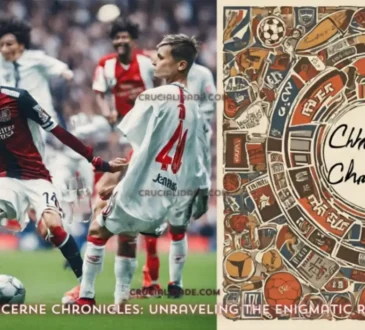
The focal point of advanced education establishments is the planning of future experts. To accomplish this point, imaginative showing techniques are regularly conveyed, including games and reenactments, which structure the subject of this paper. Two scientists work together to apply a subjective strategy, coding and integrating the outcomes utilizing various standards. The primary goal is to concentrate on the effect of games and reenactments concerning accomplishing explicit learning destinations.
On balance, results show that games and additional recreations decidedly affect learning objectives. The analysts distinguish three learning results when incorporating games into the learning system: intellectual, conduct, and full of feeling. As the last advance, the creators merge proof to support scholastics and specialists in advanced education keen on the productive utilization of games and reenactments for academic purposes. Such proof likewise gives expected choices and pathways to future exploration.
Presentation
As quickly developing innovative applications, games and reproductions are now broadly incorporated in the conventional instructive cycle. As of late, computerized or online games have progressively upheld learning. With regards to online instruction, this examination region draws in a lot of interest from the logical and instructive local area, for instance, coaches, understudies, and game architects. With the developing extension of innovation, teachers and the people who make instructive approaches are keen on presenting creative mechanical devices, for example, computer games, virtual universes, and Massive Multi-Player Online Games (MMOGs) (Buckles, 2014; Gómez, 2014).
Games and reproductions show blended impacts across various areas, like understudy execution, commitment, and learning inspiration. In any case, as these examinations center just around specific disciplines, there stays a hole in the writing concerning an unmistakable system of utilization across scholarly projects. Accordingly, the issue of effectively coordinating games and recreations in the instructive cycle is frequently up to the educator’s carefulness. Likewise, the point of this paper is to foster a structure to permit teachers across disciplines to more readily comprehend the benefits and disadvantages of games and recreations explicit to their instructive objectives.
The reasoning of the review
The specialists set off to inspect the viability of games and recreations in the learning experience, and promptly experience the principal challenge, which identifies with an absence of clear exact proof on the issue (Farrington, 2011). Moreover, there is presently no conventional strategy structure or rules suggested by states or instructive foundations on the reception of games and recreations in training. This is the situation for some nations in Europe, the US, and Australia, where the teacher or foundation must fuse games into the educational program.
The fundamental inspiration for the current survey lies in the way that games are now, somewhat, incorporated into instructive frameworks to accomplish an assortment of learning results (Connolly, 2012), yet an extensive approach is as yet deficient. Albeit the two terms are neither entirely equivalent nor separated, in the primary body of this survey, the attention will be on lumping them together and seeing them as focuses across a multidimensional continuum (Aldrich, 2009; Ranken, 2016), since these instructive advancements are solidified under the umbrella of an intelligent virtual climate in computerized schooling.
An essential point is to distinguish studies focusing on the utilization of games and reproductions for learning purposes and to investigate the outcomes by contrasting them with earlier examinations’ discoveries. Two examination questions guide the audit investigation: a) How can the accepted procedures/strategies for planning and consolidating games and recreations in understudy learning be recognized? b) How can games/reenactments upgrade Higher Education?
All in all, the scientists remember more classes of games and reproductions for their methodical survey, contrasted with the other writing audits. Likewise, his specialists will probably zero in on the effects of games and reproductions on learning results. The analysts don’t zero in just on the intellectual results, which is the most self-evident and normal subject among different scientists in any case, at the same time, they examine social and emotional impacts also.
Moreover, the vast majority of the past audits center around the effects of games and recreations on the learning system of specific subjects (for example Science, Business, Nursing, and so forth), while this review grows research in a wide range of scholarly teaches and subjects. By and large, the current review offers a deliberate audit that opens new regions for additional conversation, featuring that community learning, cooperation, and understudies’ commitment likewise assume a critical part for a fruitful learning process.
Conceptualizing games and reenactments
Lately, the interest in inspecting pragmatic play game use in advanced education has expanded. This incorporates instructive games2009), advanced game-based learning (DGBL) (Yang, 2012), and applied games.
For more visit the article on this website.





